Idea by
Saša Savanović
Call for ideas 2020
Becoming Time
Becoming Time
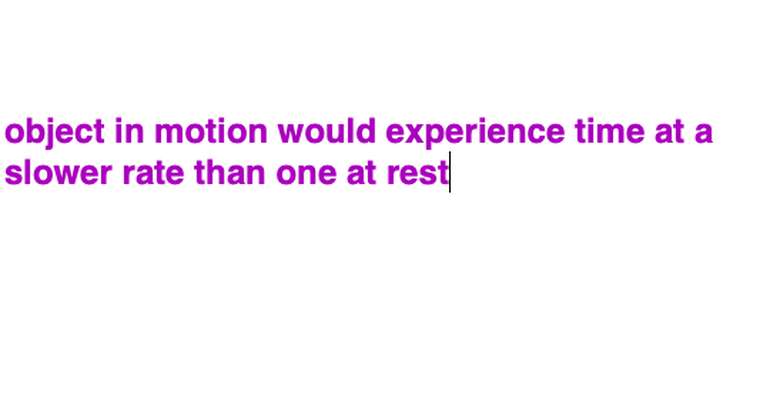
- Systemic changes
What kind of temporality appears in relation to the spatiality of proposed projects? What material practices that serve to reproduce social life organize those spaces/times? How do these objective conceptions of space-time take on their meaning under specific social relations of class, gender, race, etc. in a given imaginary situation, i.e. how are they experienced subjectively?
Starting from the premise that in contemporary societies money has the power to alter the way time and space are used and defined, the story explores alternative arrangements of space-time and more generally of social relations of (re)production. Protagonists, who have found themselves out of place and/or out of time (meaning both that the time has elapsed and at the wrong time) set on a quest to find (lost, right, free, etc) time. They experience selected architectural ideas as material reality and find (or not) those that offer a glimpse into the future where time is not scarce but abundant.
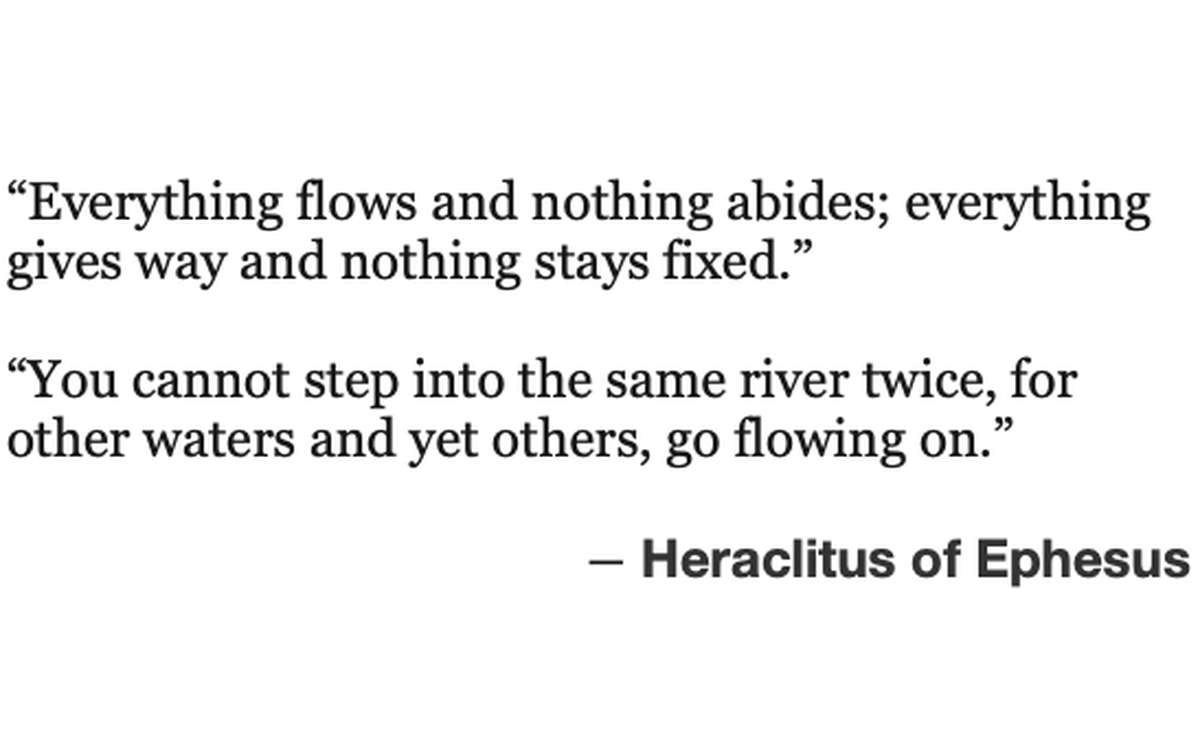
Exploration and selection of projects - The proposed architectural ideas and projects will be investigated and those that offer a vision of temporality or an inspiration for one will be selected to be featured in the story
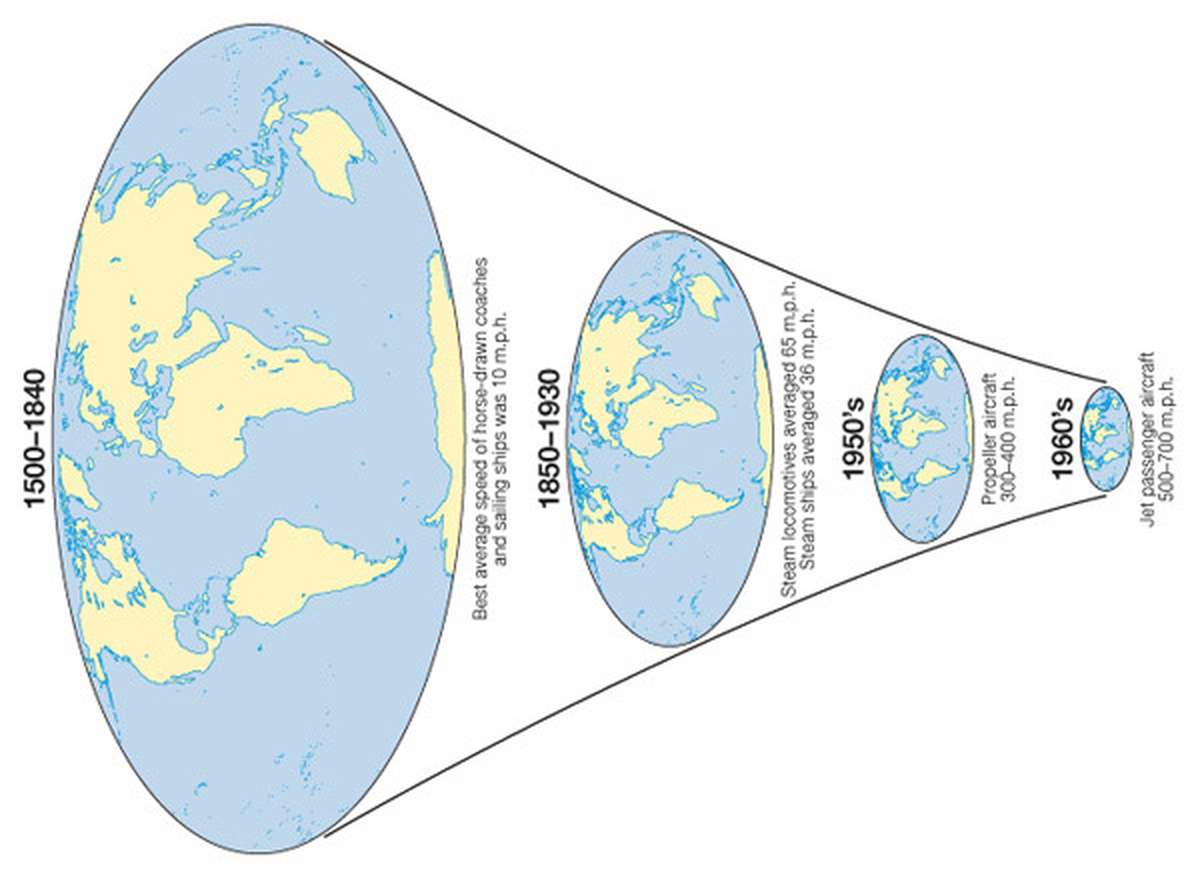
Themes - Acceleration in the pace of life and dissolution of spatial coordinates i.e. space-time compression is one of the central features of postmodernity. Ephemerality it entails is increasingly challenged by (reactionary) demands to return to a kind of “eternal truth”. Opposed to this emphasis on ‘being’ as a way to secure long-lasting truths in a shifting world, the story explores the processes of ‘becoming’ as continual attempts at self-improvement and societies that can facilitate them.
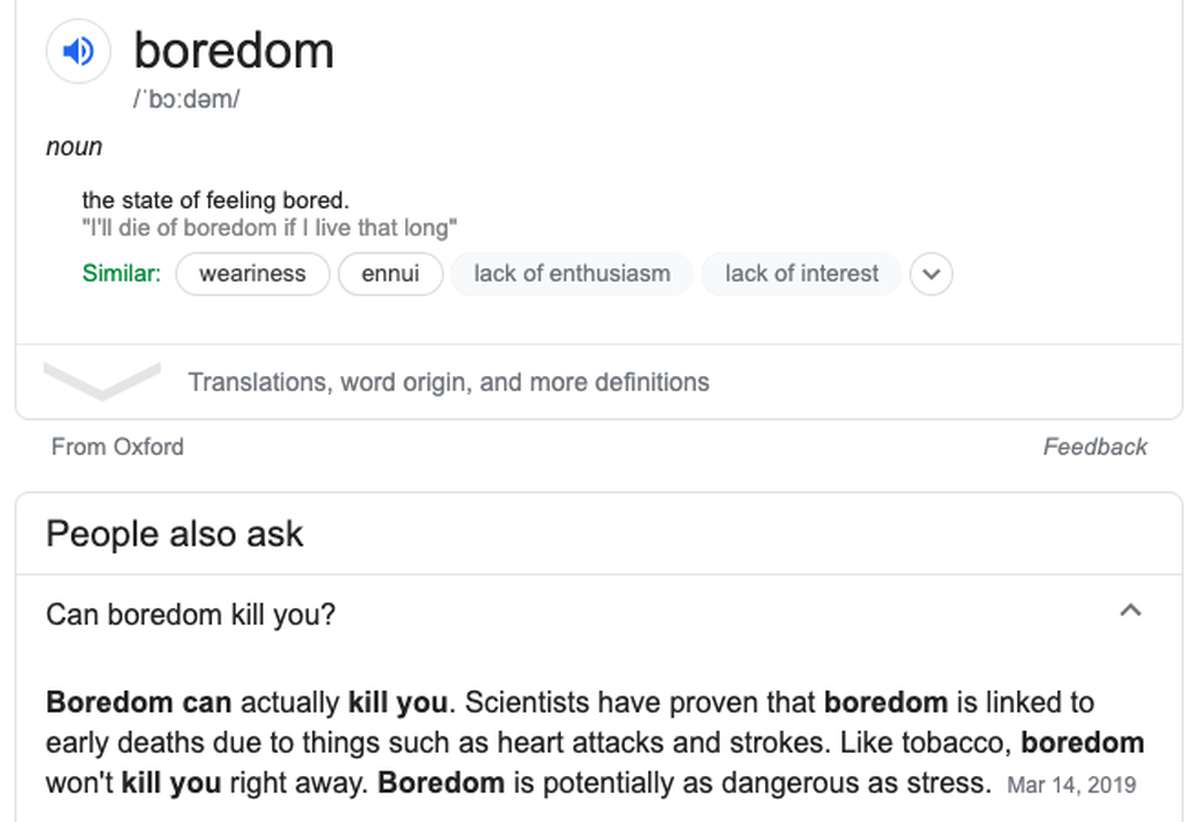
Character and story development - A set of characters (for example an ex-military struggling with PTSD, a dying tree, a time-traveler, a fortune teller, a middle-aged cashier, an introvert tourist, a person suffering from Alzheimer etc.) try to find time. What kind of time are they searching for and how are these individual experiences of time fixed in social time-space regimes will be central themes of the quest.
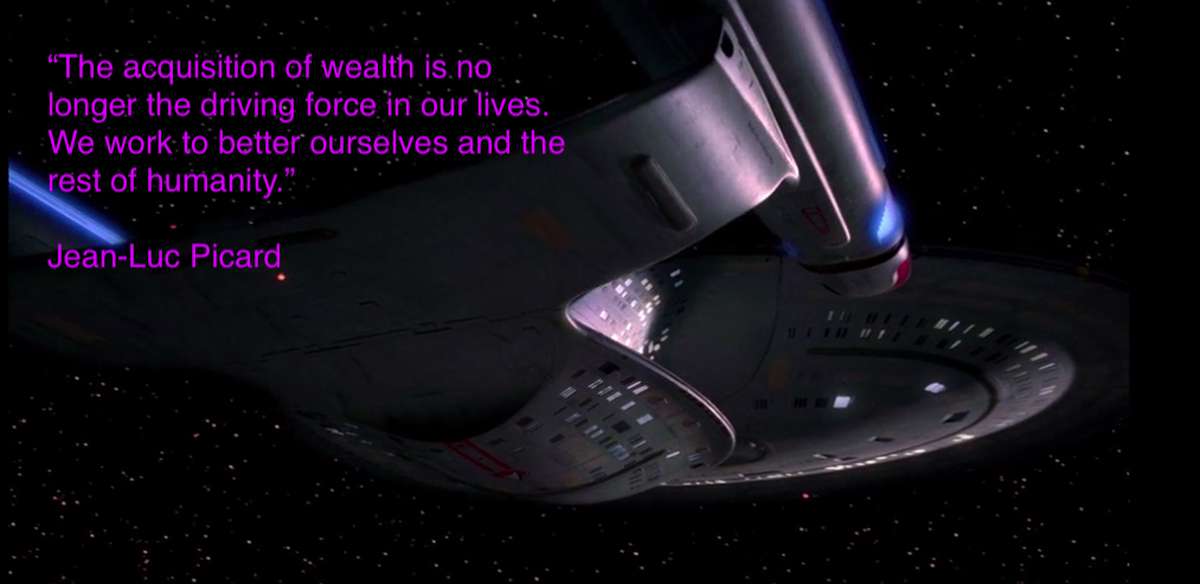
Inspiration - The story will draw inspiration from famous literary and theoretical explorations of subjective time such as Proust’s In Search of Lost Time, Ende’s Momo, Debord’s Boredom is always counter-revolutionary, Khlebnikov’s Letters and theoretical writings, LeGuin’s The Dispossessed and Roddenberry’s Star Trek.
Becoming Time
Becoming Time

- Systemic changes
What kind of temporality appears in relation to the spatiality of proposed projects? What material practices that serve to reproduce social life organize those spaces/times? How do these objective conceptions of space-time take on their meaning under specific social relations of class, gender, race, etc. in a given imaginary situation, i.e. how are they experienced subjectively?
Starting from the premise that in contemporary societies money has the power to alter the way time and space are used and defined, the story explores alternative arrangements of space-time and more generally of social relations of (re)production. Protagonists, who have found themselves out of place and/or out of time (meaning both that the time has elapsed and at the wrong time) set on a quest to find (lost, right, free, etc) time. They experience selected architectural ideas as material reality and find (or not) those that offer a glimpse into the future where time is not scarce but abundant.
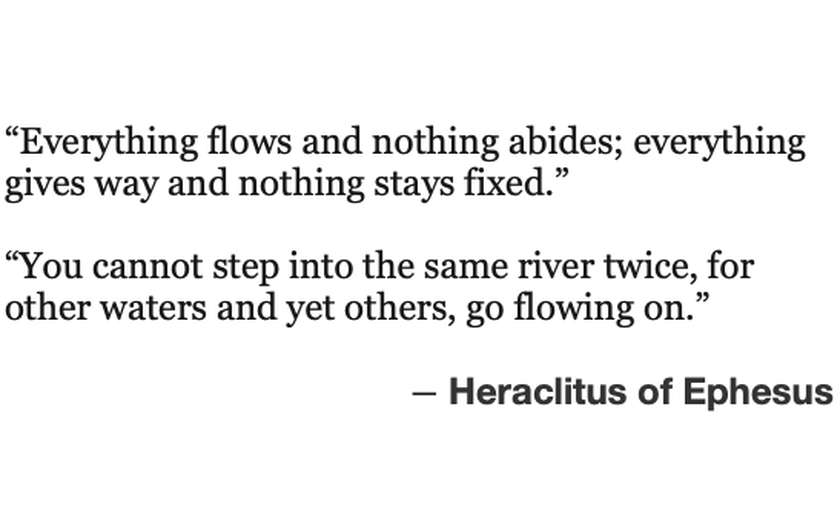
Exploration and selection of projects - The proposed architectural ideas and projects will be investigated and those that offer a vision of temporality or an inspiration for one will be selected to be featured in the story
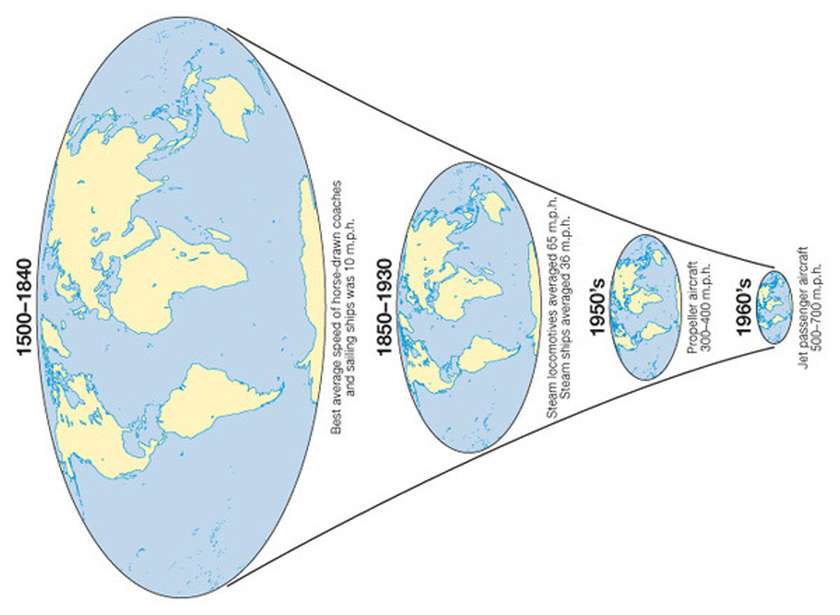
Themes - Acceleration in the pace of life and dissolution of spatial coordinates i.e. space-time compression is one of the central features of postmodernity. Ephemerality it entails is increasingly challenged by (reactionary) demands to return to a kind of “eternal truth”. Opposed to this emphasis on ‘being’ as a way to secure long-lasting truths in a shifting world, the story explores the processes of ‘becoming’ as continual attempts at self-improvement and societies that can facilitate them.
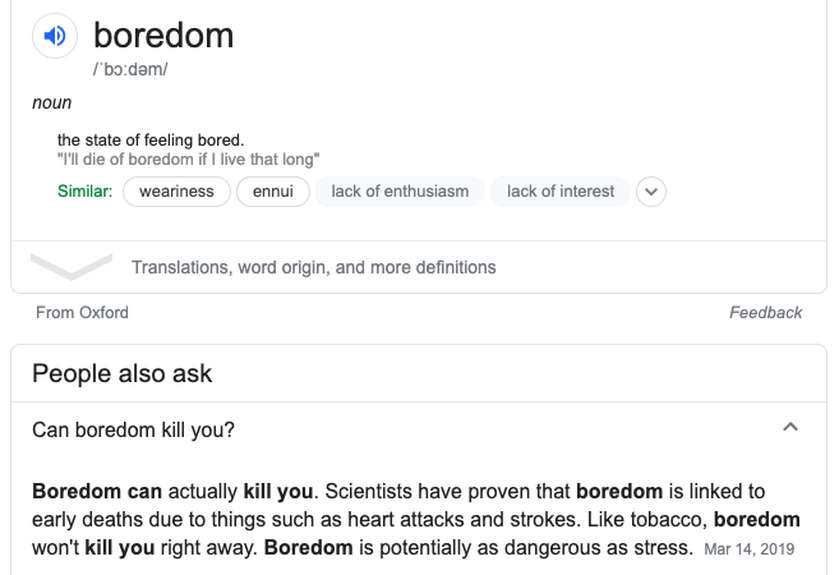
Character and story development - A set of characters (for example an ex-military struggling with PTSD, a dying tree, a time-traveler, a fortune teller, a middle-aged cashier, an introvert tourist, a person suffering from Alzheimer etc.) try to find time. What kind of time are they searching for and how are these individual experiences of time fixed in social time-space regimes will be central themes of the quest.
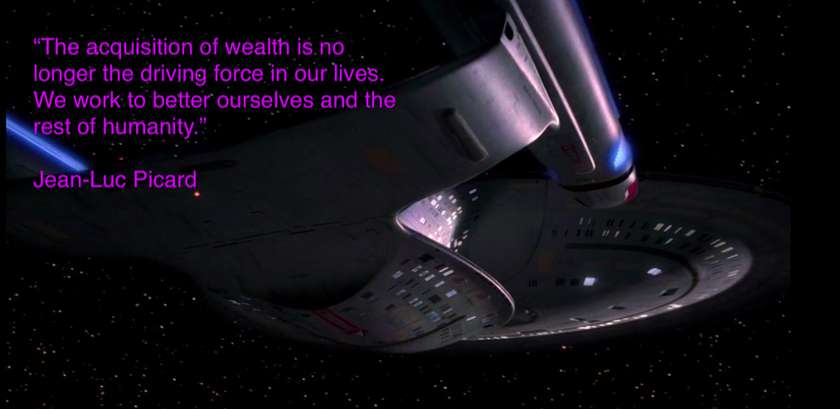
Inspiration - The story will draw inspiration from famous literary and theoretical explorations of subjective time such as Proust’s In Search of Lost Time, Ende’s Momo, Debord’s Boredom is always counter-revolutionary, Khlebnikov’s Letters and theoretical writings, LeGuin’s The Dispossessed and Roddenberry’s Star Trek.